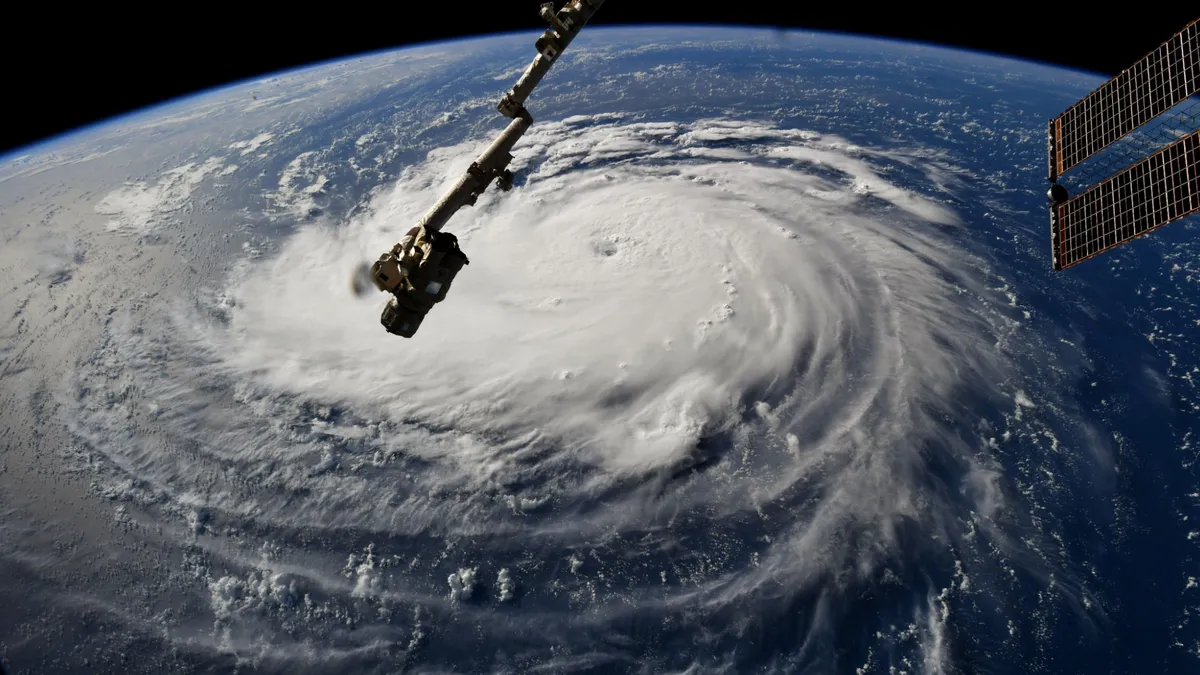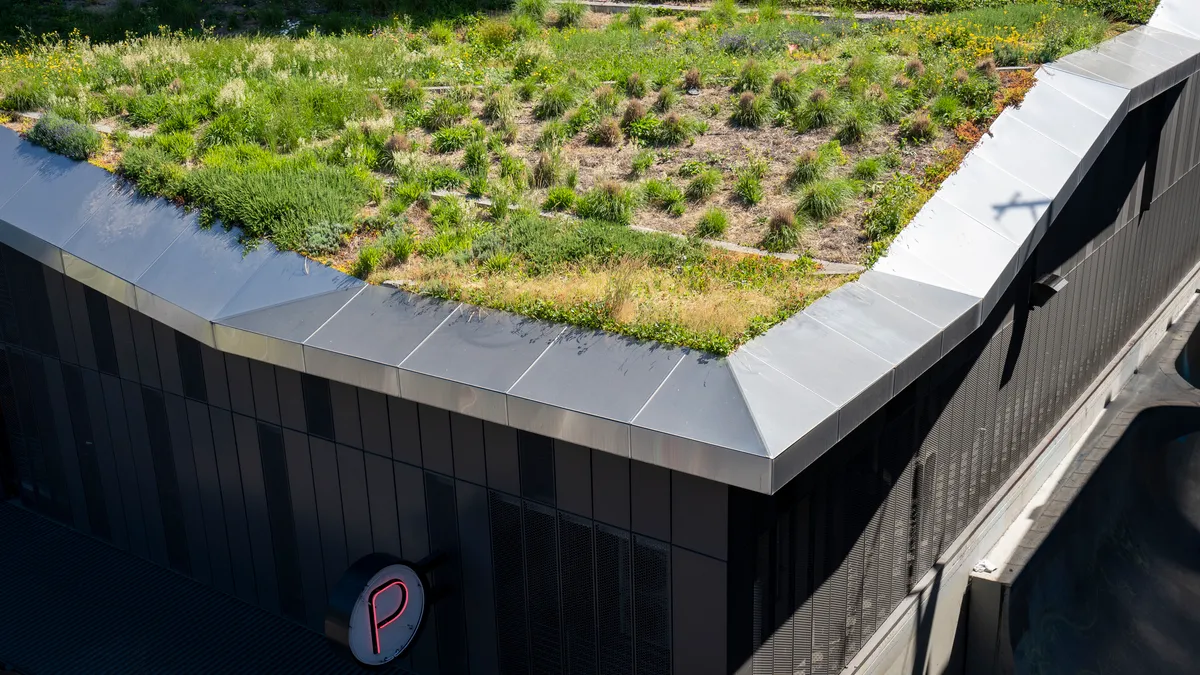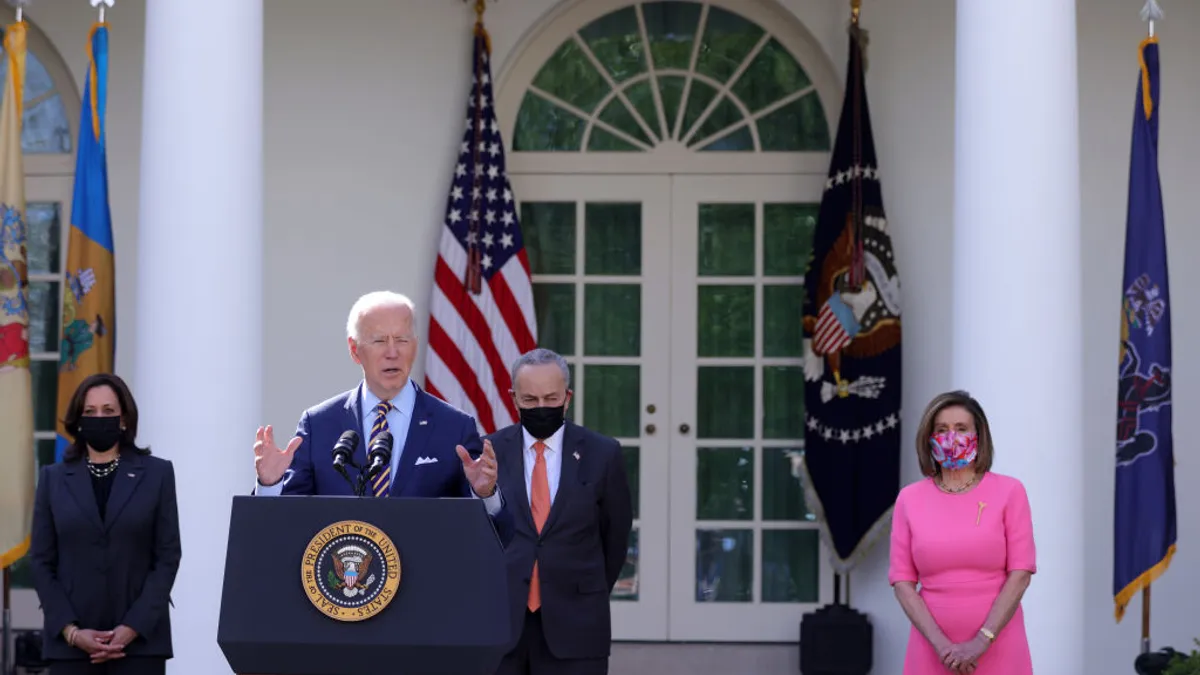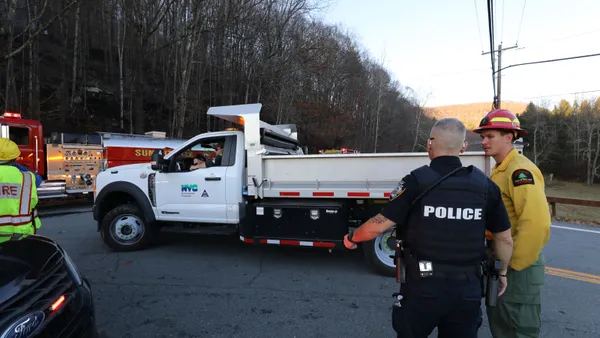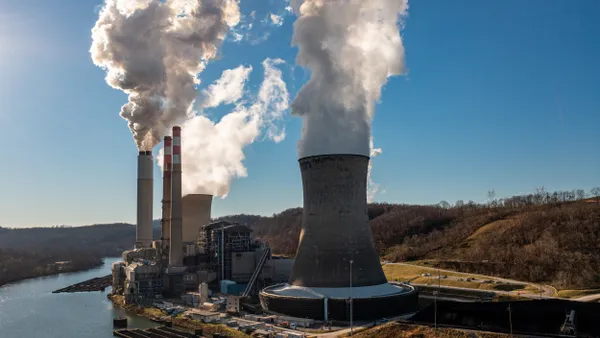Dive Brief:
- As National Hurricane Preparedness Week begins, The Weather Company released the results of its Severe Weather and Preparedness poll. Results show that nearly half of the people surveyed, 42%, do not have an evacuation plan in the event of severe weather, while 16% have a preparedness kit packed. Less than one-third — 31% — would evacuate if told to do so.
- 62% of Americans watch TV or streaming services during a storm, and about half surf the internet. About 72% of respondents believe the weather has become at least a little more severe, and 55% become anxious or stressed from severe weather conditions.
- The Weather Company, owned by IBM, also released its predictions for the 2019 Atlantic hurricane season, which officially begins on June 1 and runs through November 30. It predicts 14 named storms with the potential for seven hurricanes, three of them major, a slight decrease in activity compared with last year.
Dive Insight:
Even though 42% of respondents did not have an evacuation plan, nearly the same percentage — 39% — have experienced severe weather that damaged their homes or made them evacuate.
Gen X and Baby Boomers lead the use of TVs and streaming services during severe weather — at 67% and 59%, respectively. Baby Boomers rely most on local broadcast news for weather updates at 61%, compared with 39% of Millennials and 31% of Gen Z. The use of smartphone apps is relatively high across the board, with Gen X at 61%, Millennials at 60%, Baby Boomers at 57% and Gen Z at 50%.
The high percentage of people that use technology during severe weather also offers a key insight for cities. Connectivity remains important, especially to receive safety information. Yet, connectivity often becomes compromised or gets knocked out during a severe storm. This illustrates the importance of having backup plans and communication services in place.
The survey found more than half of respondents check their phones three or more times a day for updates during severe weather situations. The widespread public use of phone apps to receive weather information offers cities ideas for preparedness. Cities that haven't already done so might benefit from creating or updating apps to offer local users specific information about weather threats in their communities and how to prepare and react. Along with that, best practices could involve city leaders and staff checking connectivity and having backup communication plans in place.
Cities can lead by example with their preparedness and run educational campaigns encouraging citizens to follow suit. The federal government already has similar programs: the National Oceanic and Atmospheric Administration (NOAA) is sending its Hurricane Hunters aircraft fleet to five cities to raise awareness. Such strategies help to boost a community's resilience and residents' abilities to bounce back after a storm.



